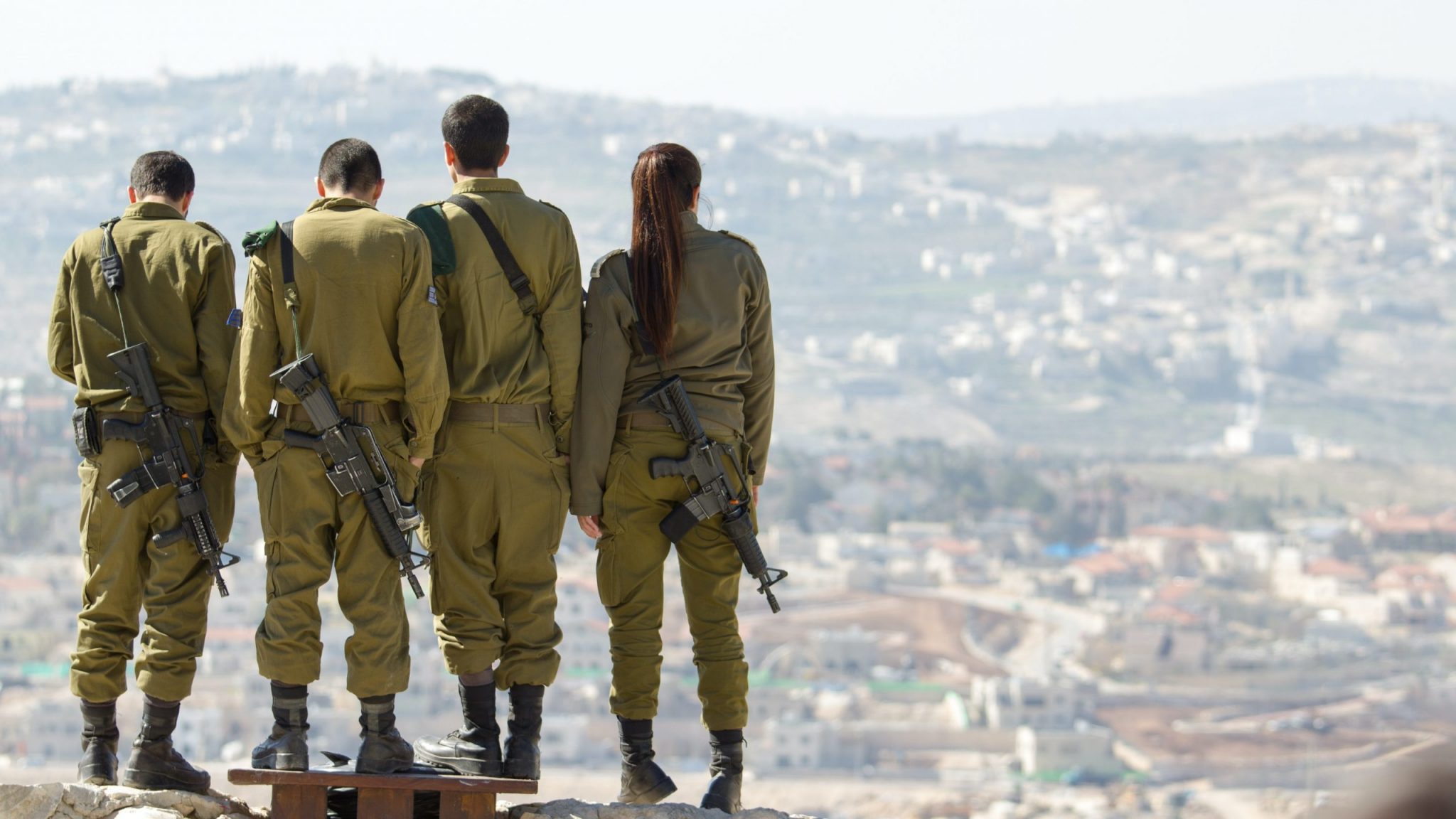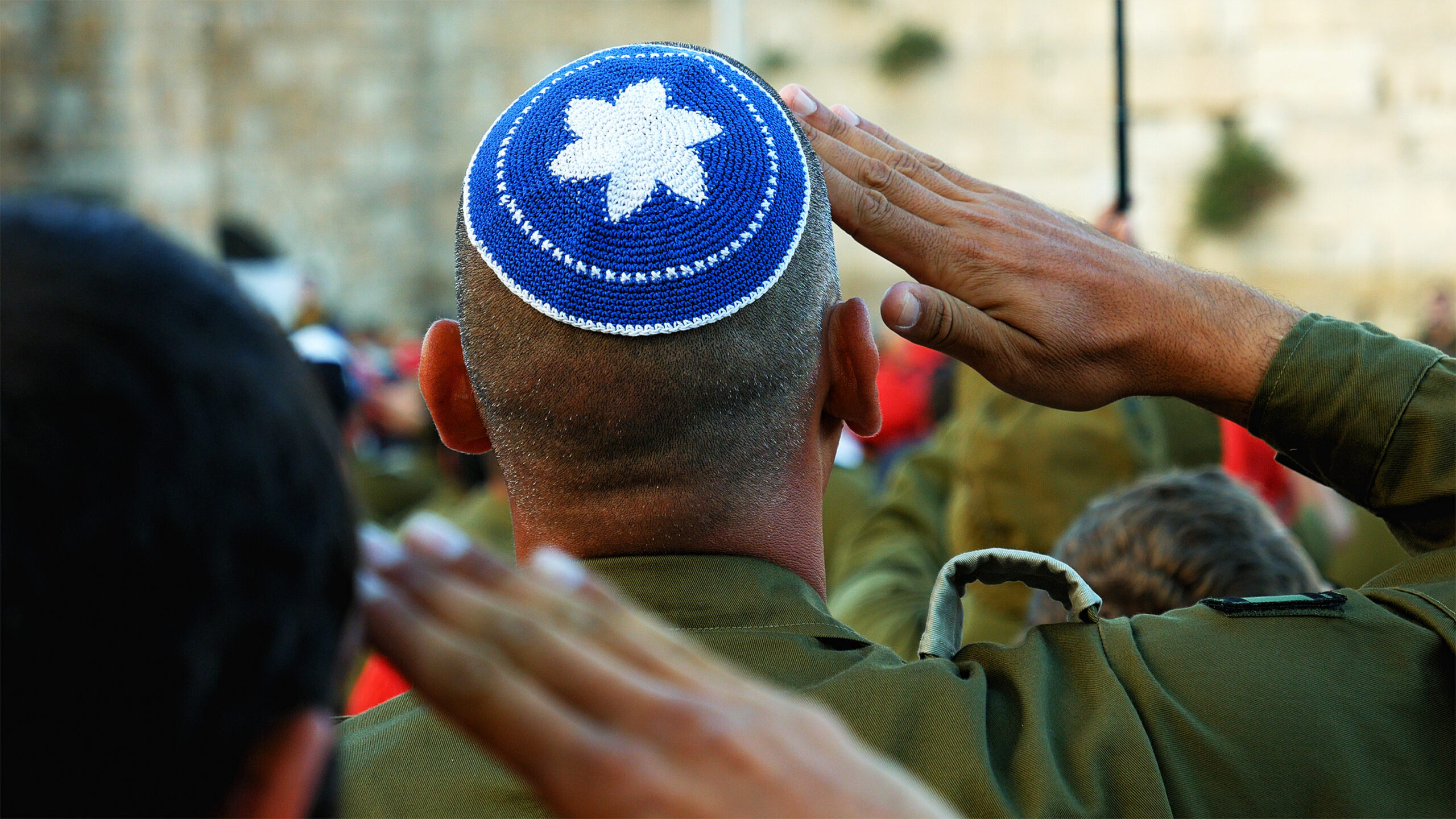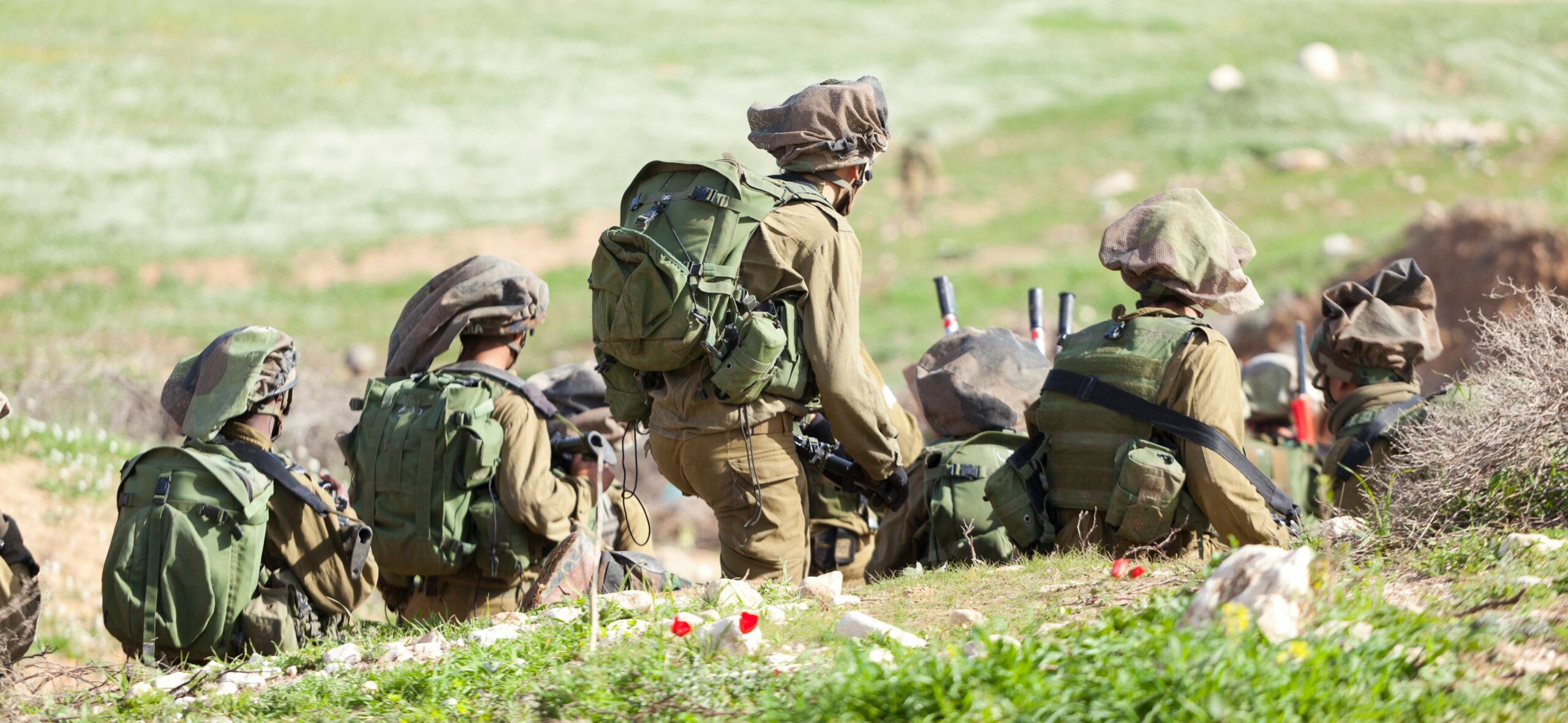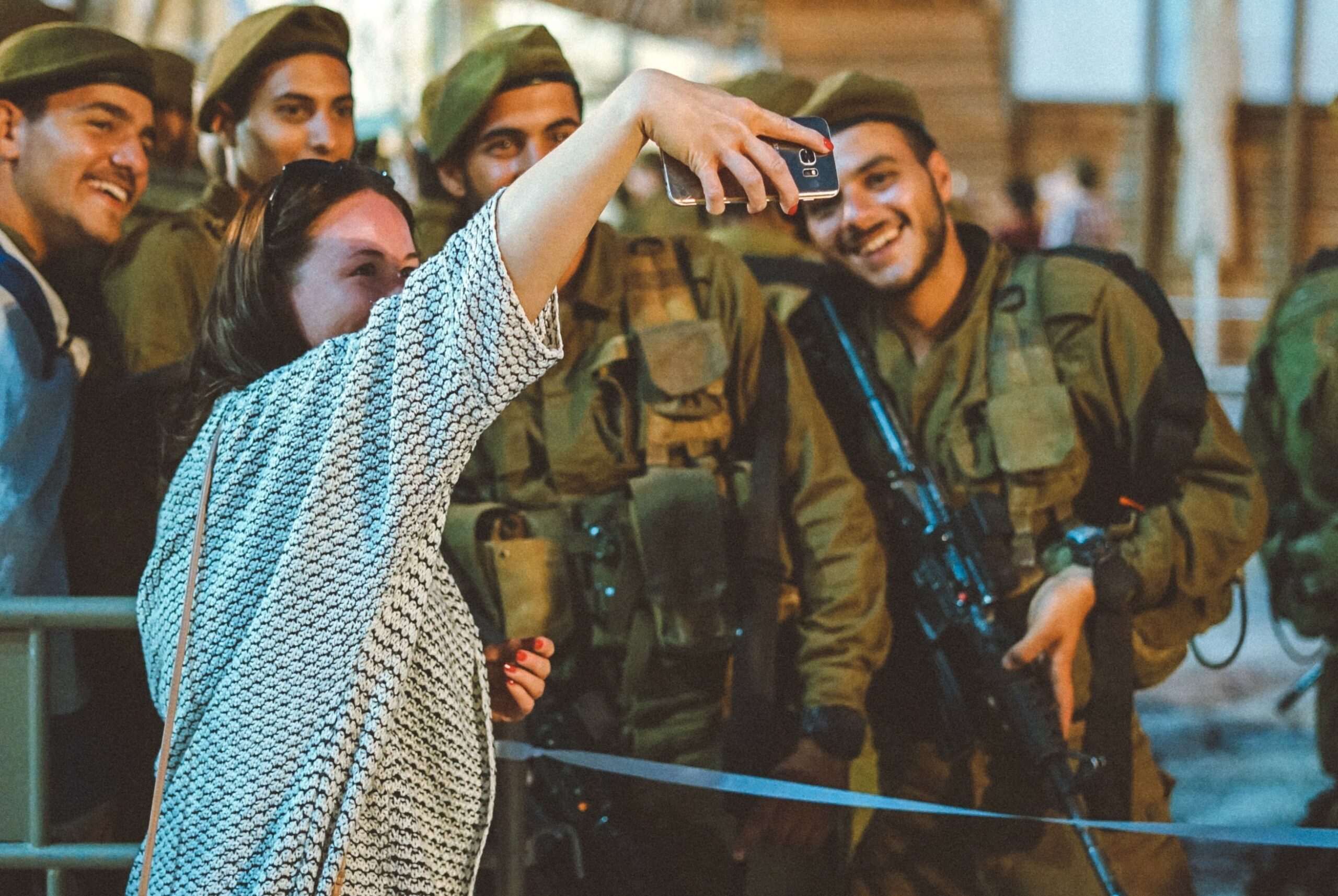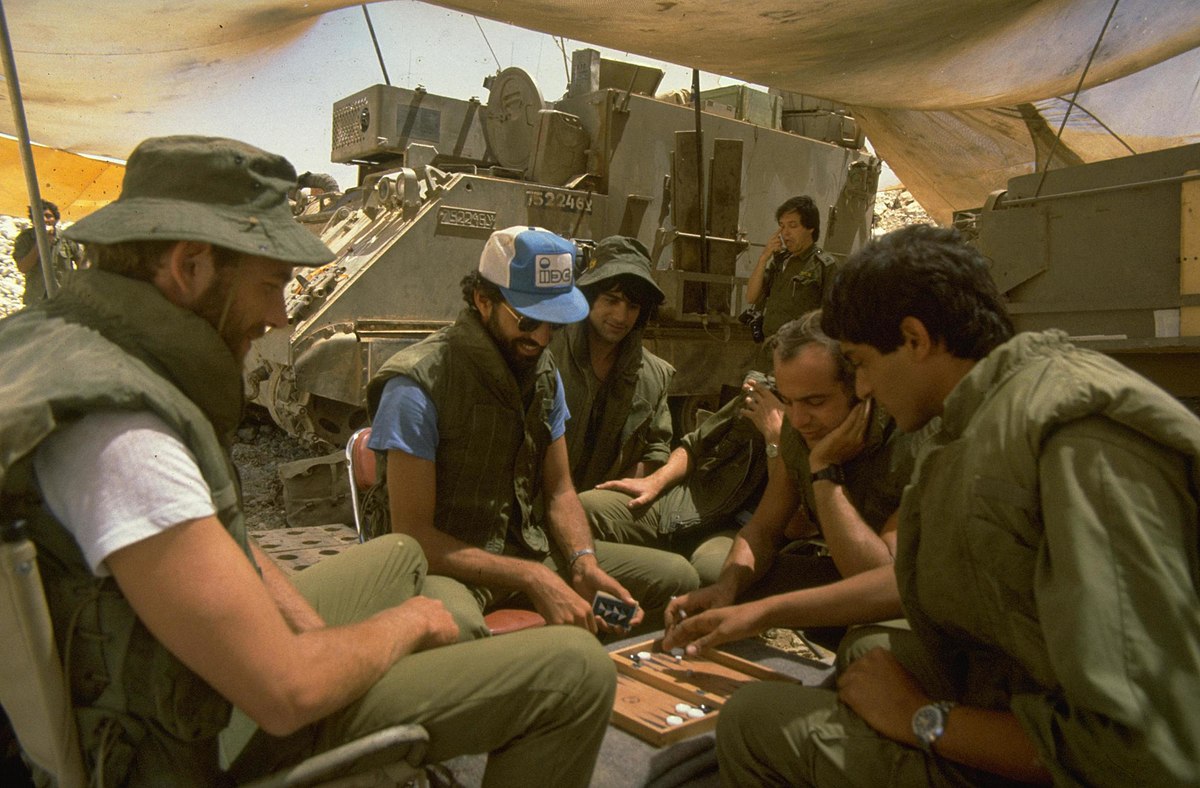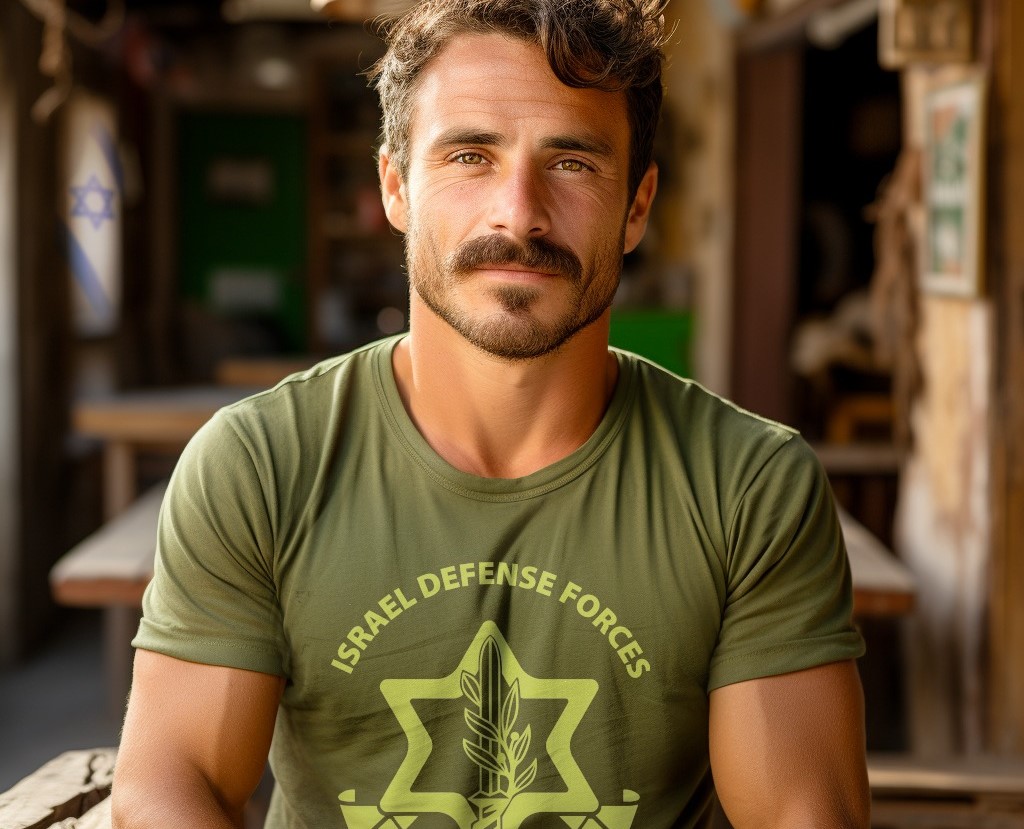Contrary to popular myth, not all Israelis are in the reserves, and those who are, are private citizens unless explicitly called up for war or a national emergency - so don't let anyone tell you that there's no such thing as an Israeli civilian!
The majority of Israel's citizens serve in the IDF (Israel Defense Forces) as enlisted soldiers for 2-3 years during young adulthood; despite a universal draft, a certain number of Israelis are exempt every year due to reasons such as marital status, religious affiliation (most non-Jews aren't drafted), yeshiva studies, or health issues or disabilities. Upon completing their mandatory service, former IDF soldiers may then be required to enter the reserve rolls, based on their military experience and the country's needs, for a certain period of time - usually until age 40 or 45.
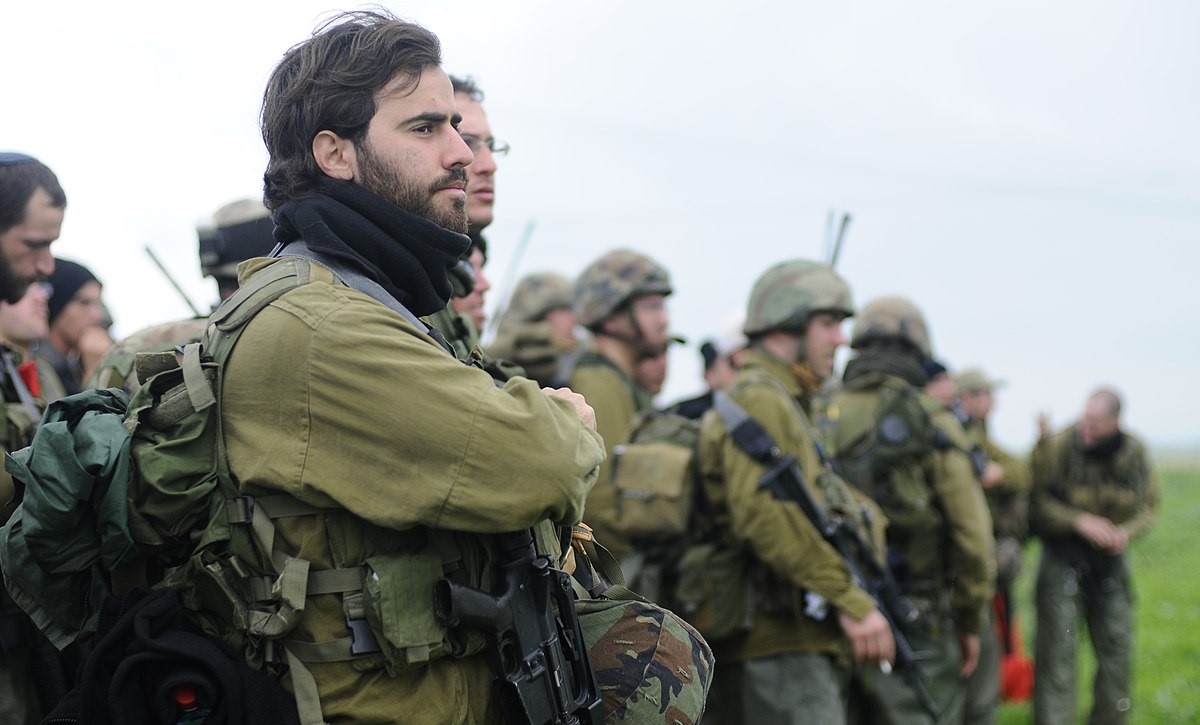
Israeli reservists serving in an IDF combat unit (Photo: IDF Spokesperson's Unit/Wikimedia Commons license CC BY 2.0)
Most reservists are men, and the IDF reserve force is predominantly made up of those belonging to combat units. In fact, many of the most elite fighting units in both the ground forces and the Air Force rely heavily on reservists, who bring more experience and maturity to their roles.
In addition, there is also a number of reservists serving roles in operations, intelligence, search and rescue, the Home Front Command, and more.
While Israel's standing army consists of 169,500 active-duty personnel, the number of available reservists is around 465,000.
